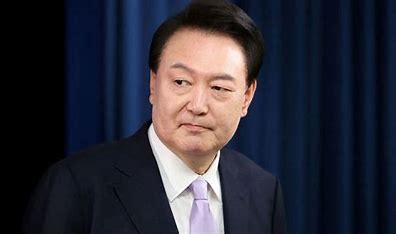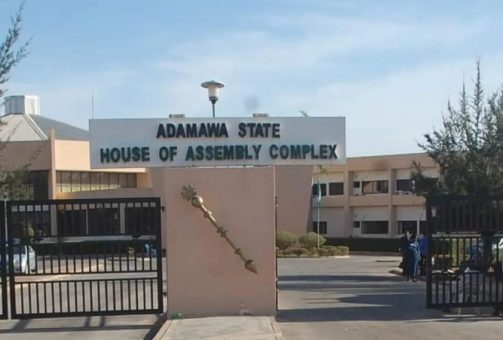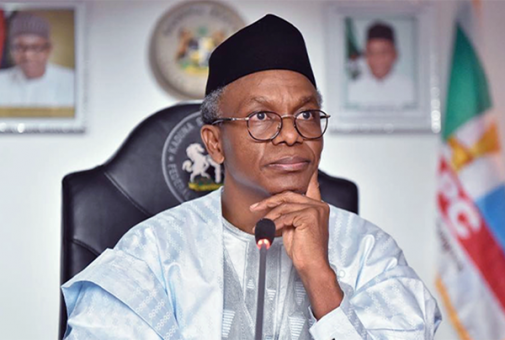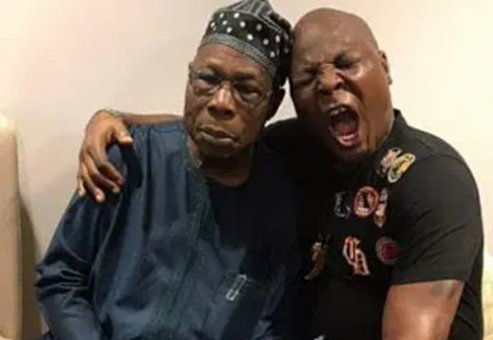
South Korea’s President Yoon Suk Yeol has been banned from leaving the country, becoming the first sitting South Korean president to face such a restriction, the Ministry of Justice confirmed on Monday. This development follows a tumultuous week in which Yoon’s brief imposition of martial law on December 3 plunged the nation into chaos.
Yoon’s decision to deploy special forces and helicopters to parliament was swiftly met with backlash, as lawmakers forced him to rescind the order by rejecting his decree. Despite narrowly surviving an impeachment motion in parliament on Saturday, which saw large protests calling for his removal, Yoon remains under intense scrutiny. Investigations are mounting against him and his close allies, including a probe for alleged insurrection.
In addition to Yoon, several high-ranking officials involved in the martial law crisis have also been placed under travel bans, including former defense minister Kim Yong-Hyun, who is currently in detention, and former interior minister Lee Sang-min. General Park An-su, the officer overseeing the martial law operation, and defense counterintelligence commander Yeo In-hyung are also prohibited from leaving the country. Investigators have brought General Park in for further questioning.
Despite the political turbulence, Yoon’s position has remained precarious. The impeachment effort failed after members of Yoon’s own People Power Party (PPP) walked out of parliament, denying the motion the necessary two-thirds majority. In return, Yoon, 63, reportedly agreed to hand power to the prime minister and PPP leader, a move that has sparked fierce opposition protests. Democratic Party floor leader Park Chan-dae condemned this as an unconstitutional act, calling it a “second insurrection” or “second coup.”
Under South Korea’s constitution, the president is the head of government and commander-in-chief of the military unless incapacitated, resigns, or steps down. If this happens, power would pass to the interim prime minister until elections are held. Critics argue that the ruling party’s claim that Yoon can remain in office while delegating power to unelected officials is a blatant violation of the constitution. Constitutional law professor Kim Hae-won described the situation as resembling an “unconstitutional soft coup.”
The country is facing a leadership crisis, particularly given the ongoing threat from North Korea, with the defense ministry confirming that Yoon retains control over the military, despite the political turmoil.
Yoon has publicly apologized for the anxiety caused by his martial law declaration but has not stepped down, instead saying he would defer the decision about his fate to his party. He also stated he would accept full responsibility for the martial law incident.
As the crisis continues to unfold, the opposition plans to reintroduce impeachment proceedings, with another vote scheduled for Saturday. Huge protests are expected to gather outside the National Assembly once again. Meanwhile, a Gallup poll reveals that Yoon’s approval rating has plummeted to a historic low of just 11 percent, underscoring his deep unpopularity.





